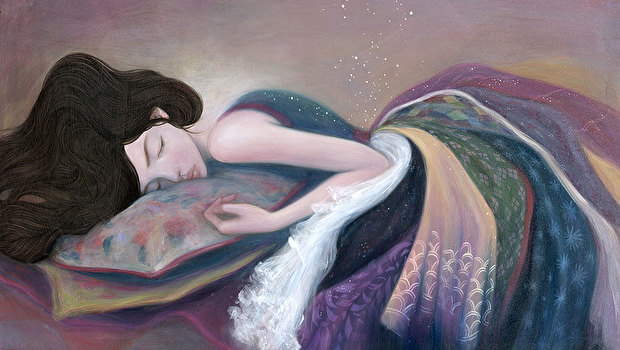If the general tips for normalizing sleep do not work, contact a specialist. In their arsenal - a number of tools to combat insomnia. You may be offered both behavioral and drug therapy (or a combination). What is the essence of each method?
Behavioral Therapy
Want to improve your sleep? Change your habits! Behavioral therapy will help develop behavioral tactics that will contribute to a good night's rest. It is carried out by specialists, and it consists of several stages.
- Understand what's stopping you from falling asleep.
- Learn to relax. Among other things, breathing practices are used, one of which is presented on the site https://yoga-masters.com/dyhanie-pranayama/nadi-shodhana-pranayama/ , which relieve muscle tension, reduce heart rate and promote relaxation.
- Temporarily limit sleep duration. This includes reducing the amount of time spent in bed. Specialists deliberately cause partial sleep deprivation - partial deprivation of night rest. This method is almost the only one that can bring a person out of a severe melancholic state in a matter of hours, and can also make it easier to fall asleep the next night. As the quality of sleep improves, the time for a night's rest gradually increases.
- Control emotions. This method is aimed at reducing the degree of anxiety due to the inability to sleep. Instead of forcing yourself to sleep, do something relaxing. If you haven't fallen asleep in a while after getting into bed, then get up, read, listen to relaxing music, and return to the bedroom only when you feel sleepy. Also, get rid of the false notion that one hectic night will unsettle you the next day.
- Cognitive therapy. It is aimed at controlling negative thoughts and eliminating the state of anxiety that does not allow you to fall asleep. Experts advise keeping a diary. Putting the problem on paper will look completely different. And the process of recording will bring relief.

Medical therapy
Long-term use of sleep aids is not recommended because medications can cause side effects and some may be habit-forming. However, medications can be used on a short-term basis to help during a particularly difficult period. There are several options.
Hormone therapy. It is the most effective treatment for menopausal symptoms. If your sleep problems are severe and are accompanied by other menopausal symptoms such as hot flashes, then hormone therapy may be recommended at the lowest dose needed to relieve symptoms. Hormone therapy is not recommended in the long term due to potential risks.
Sedatives and hypnotics. Can only be used for a short period. These medicines include:
- short-acting nonbenzodiazepines. These drugs act on receptors in the brain, slowing down the nervous system. They help you fall asleep and sleep peacefully through the night.
- benzodiazepines also help to fall asleep quickly and stay asleep for a long time. But such drugs have many side effects, such as drowsiness the next day, and are addictive.
- melatonin receptor agonists . These drugs act like the hormone melatonin produced by the body. They regulate the sleep-wake cycle (circadian rhythm). Research shows that melatonin receptor agonists help you fall asleep faster and slightly increase total sleep time.
Antidepressants. Used to treat chronic insomnia. Sedative antidepressants at low doses are not habit-forming and may be used for a longer period than other sleep medications.
Often not one specific action helps, but a combination of several approaches to improve sleep. And remember: no change happens in a day, and it takes several weeks to test the effectiveness of a certain procedure.
Source: rz.com








